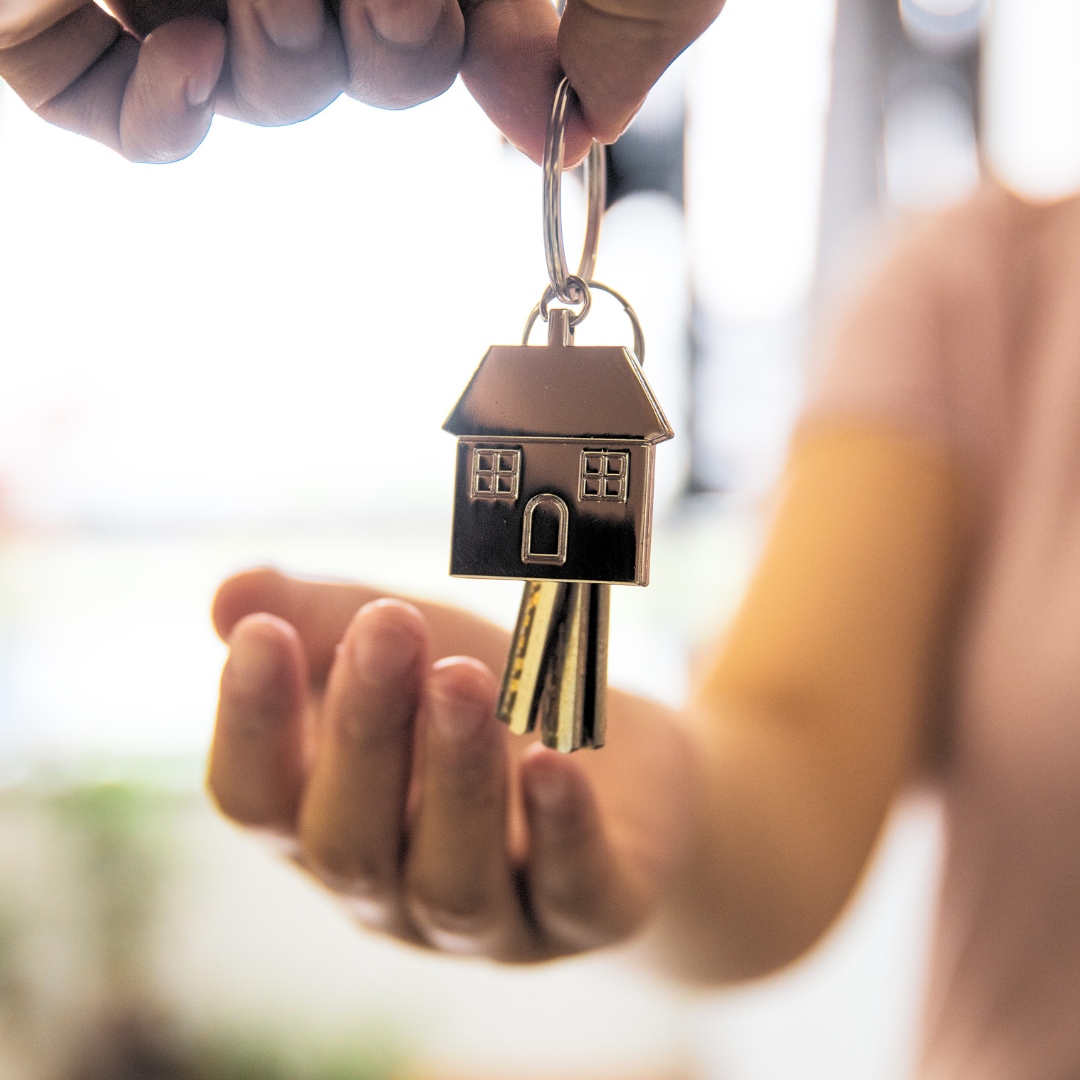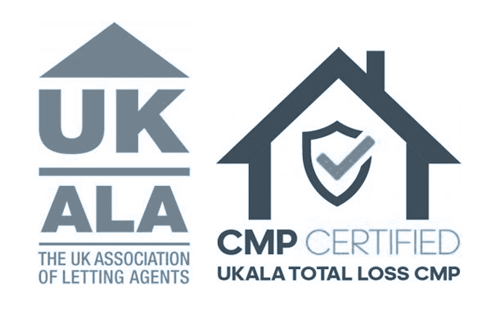
Buying a new home is an exciting milestone - especially if it’s your very first one. However, it’s also one of the biggest financial decisions you’ll ever make. Before jumping in with an offer, it’s important to pause and consider a range of factors that could affect both your lifestyle and your long-term investment. Thinking carefully at this stage helps you avoid potential challenges in the future and ensures the property you choose truly supports your needs and goals.
Take a look at our key suggestions below to help you make a confident and well-informed decision.
Know Your Financial Position
Before you begin house hunting, it’s essential to understand your budget clearly and how much you can realistically borrow. Few things are more disheartening than falling in love with a property that turns out to be out of reach, as it can overshadow every home you view afterwards and prolong the search unnecessarily. Setting clear financial boundaries from the start helps you focus on homes that match both your needs and your budget, making the process more efficient and less stressful.
Securing a mortgage agreement in principle and having your deposit ready will also put you in a strong position with estate agents and sellers. As a general guide, your deposit should ideally be at least 10% of the property’s price, though some lenders may offer options with a smaller percentage. Don’t limit yourself to your current bank — it’s worth exploring multiple lenders and comparing mortgage deals to ensure you get the most competitive rate and terms. Being well-prepared financially not only increases your chances of success but also demonstrates to sellers that you’re a serious buyer.
Research Local House Prices
Before making an offer, it’s wise to research the local market thoroughly. Look at current asking prices as well as recent sold prices for similar properties in the area to get a realistic sense of value. This not only reassures you that you aren’t overpaying but also helps safeguard you against the risk of negative equity should you wish to sell in the future. Having this knowledge puts you in a stronger negotiating position and ensures your investment is both fair and sustainable in the long term.
The Property
Beyond finances, it’s also important to weigh up the age, condition, and future potential of the property itself, as these factors can have a big impact on both its value and your quality of life. A home that requires major renovations, such as installing a new kitchen or bathroom, replastering, or even structural changes, can quickly become more costly than simply purchasing a move-in ready property at a slightly higher price. Understanding the level of work a home may need and what you’re realistically prepared to take on is key to avoiding unexpected expenses and delays.
Equally important is the home’s location. Take time to research the wider area, considering local amenities such as schools, GP surgeries, shops, and transport links, as well as any planned developments or regeneration projects that could affect the neighbourhood. Checking crime statistics and the general feel of the area will also help ensure it suits your lifestyle. Remember- while you can update a property itself, you can’t change its location, so making the right choice here is crucial for both your short- and long-term satisfaction with the home.
Negotiations
Before entering into negotiations or a sealed bidding process, it’s important to set a clear maximum budget for the property and stick to it. While it can be tempting to stretch beyond your limit once emotions are involved, doing so may place unnecessary strain on your finances in the long term. Remember to factor in the additional costs of purchasing a home too, such as stamp duty, solicitor and broker fees, surveys, moving expenses, redecorating, and furnishing. Having a realistic budget that includes these extras will keep you grounded during negotiations and help you make confident, informed decisions.
Buying a home is one of the most exciting, and significant, decisions you’ll ever make. Taking the time to prepare financially, research thoroughly, and carefully weigh up both the property and its location will help you avoid costly mistakes and ensure your choice is the right one for the long term. By approaching the process with clear priorities and realistic expectations, you’ll be in the best position to secure a home that truly fits your lifestyle, budget, and future plans.

Looking for a home?
Share article:






